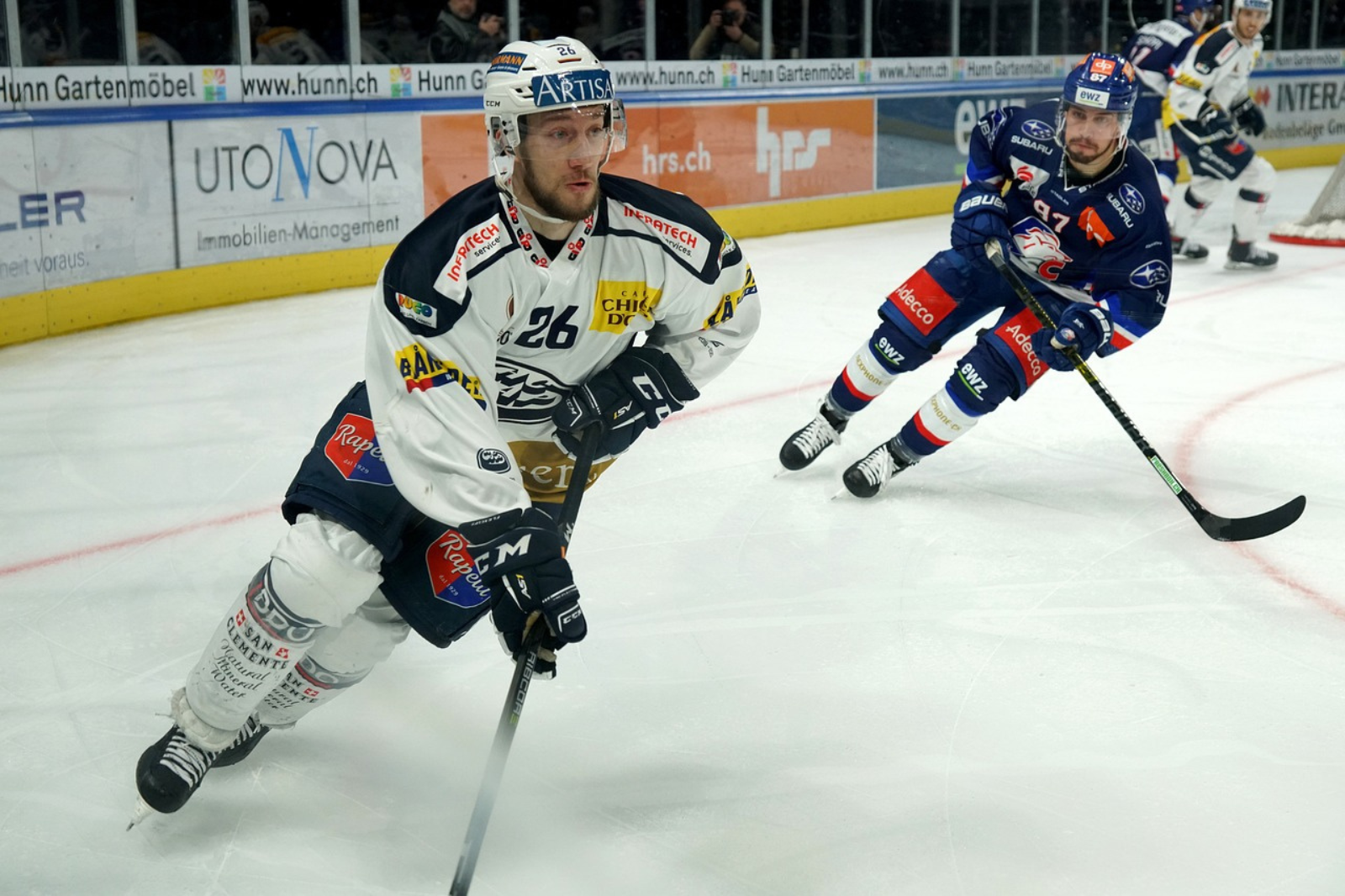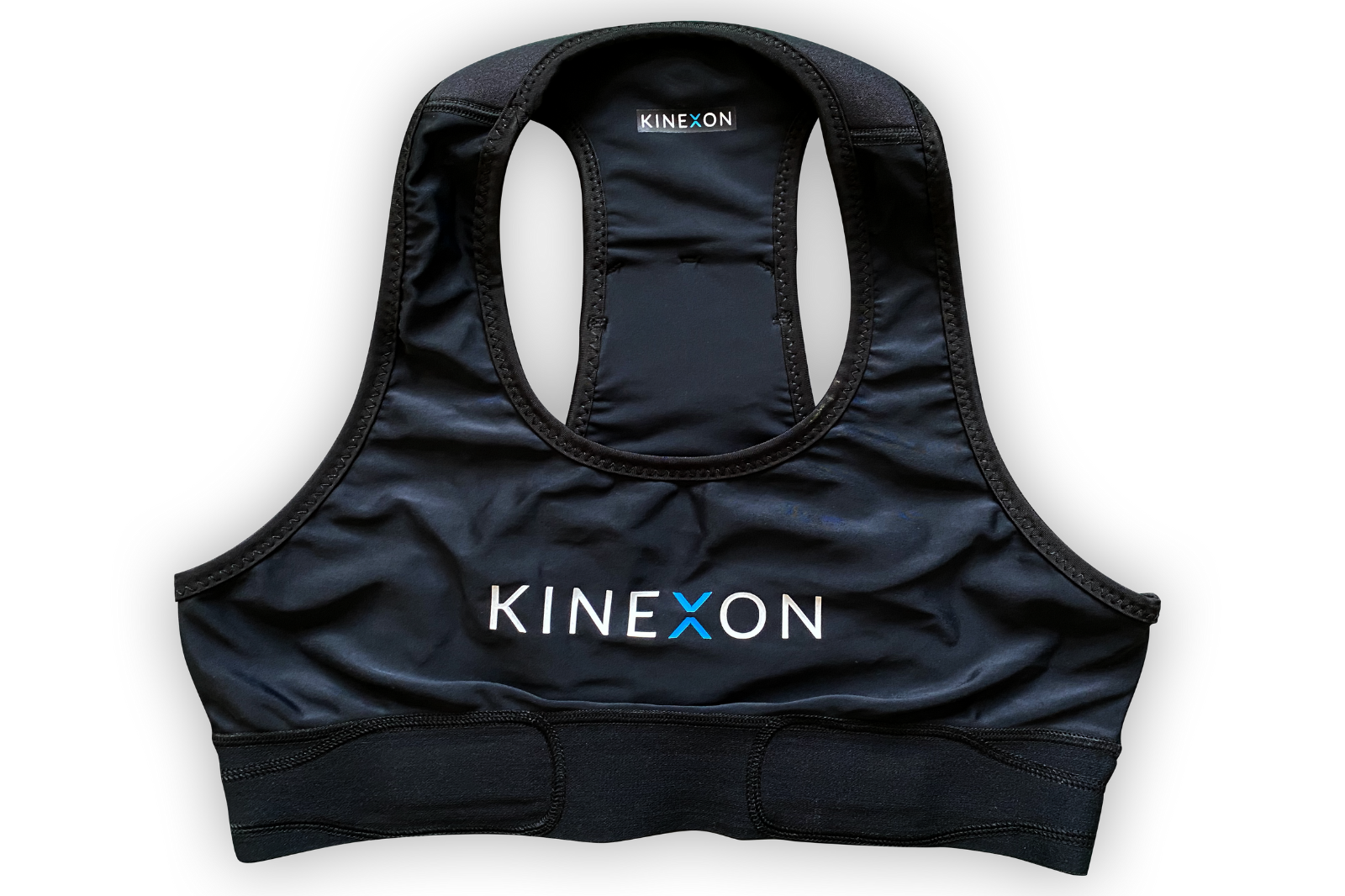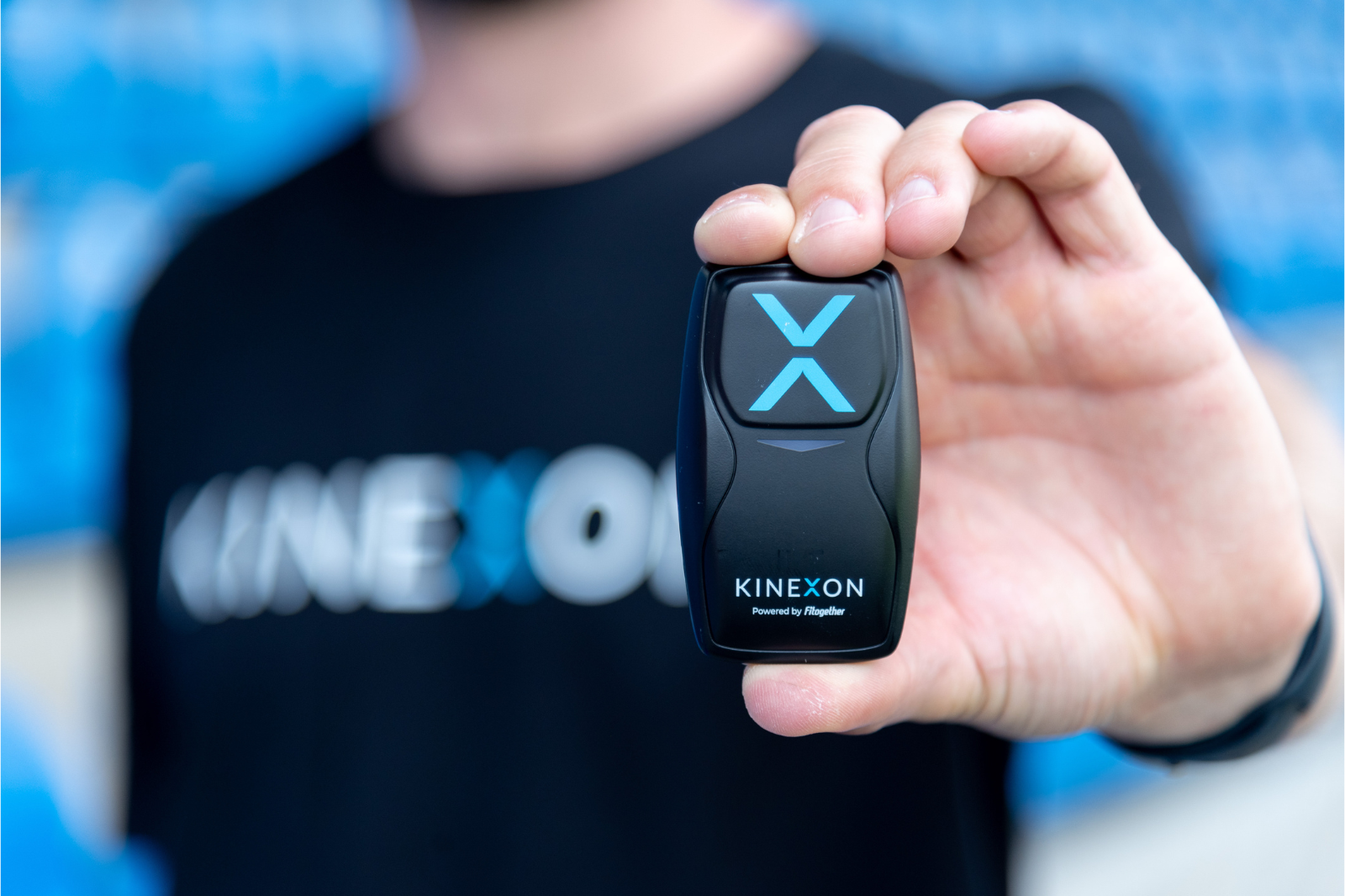Second Wave? Why Companies Now Have a Particularly High Social Responsibility
Oxford University sees Germany and Switzerland heading for a second wave. Latest cases show how companies protect their employees could be decisive. Their social responsibility is larger than ever.
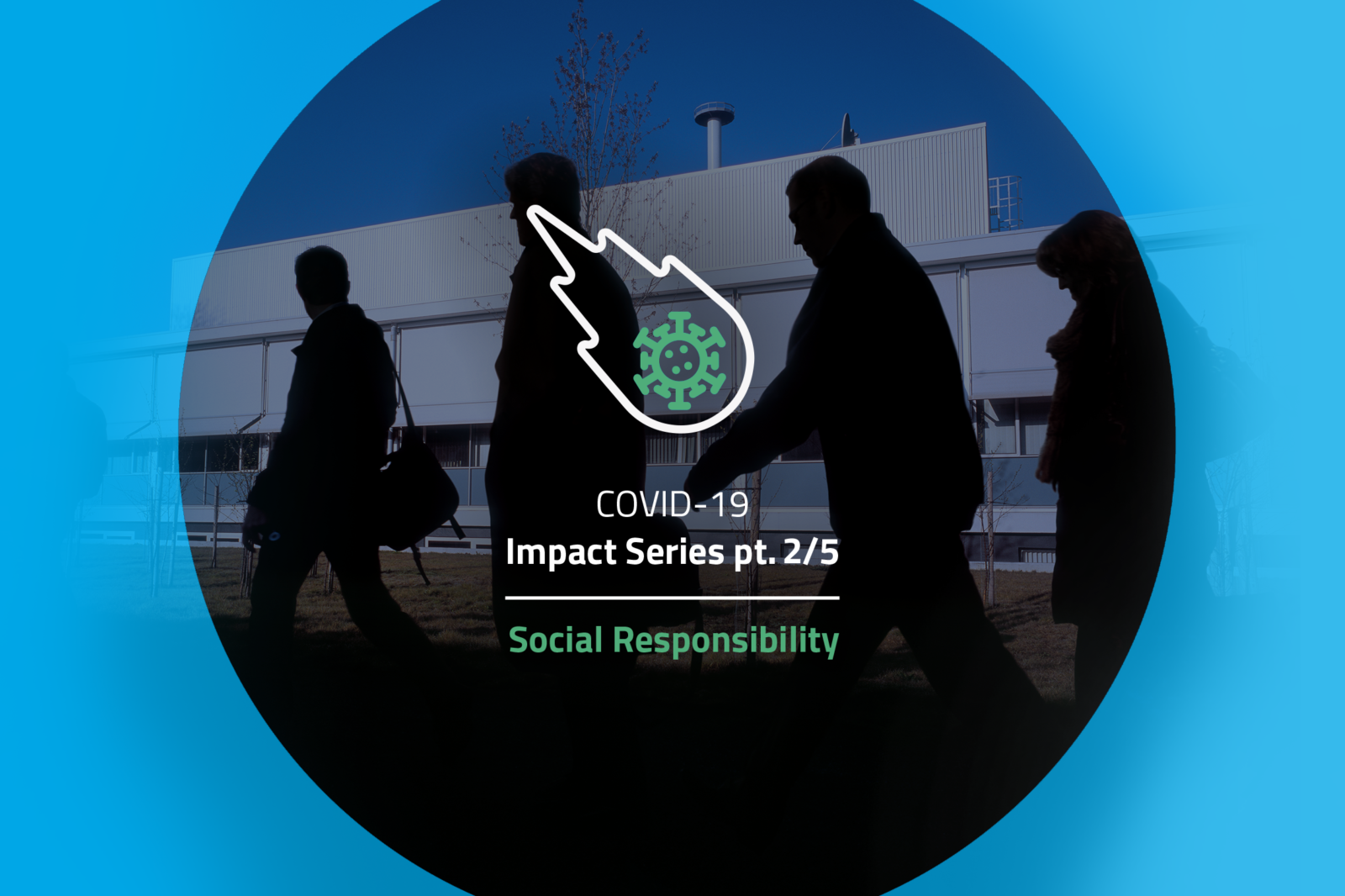
Every second German is currently afraid of a second wave of infection. This was revealed by the latest survey conducted by Infratest dimap on behalf of ARD-Deutschlandtrend. It was also found that new forms of behavior were emerging in society. 88% of Germans are more distant from their fellow human beings and 85% avoid large gatherings of people.
In private life, where people are free to decide on their mobility, new forms of behavior or protective measures are relatively easy to implement. However, the situation is different in the working environment. The workplace is currently the biggest potential hotspot for the spread of the virus.
The virus creates new inequalities
This is because the coronavirus not only increases social differences in society, it also divides employees into two groups:
- “Online workers,” who work from their home office, are independent and presumably secure in their daily work environment.
- “Offline workers,” who have to travel to work every day and depend on the protective measures implemented by their employer.
Employees are becoming more fearful of economic damage or losing their jobs than their own health
Employees know that their employers cannot completely rule out the risk of infection, nor can they suspend operations until the pandemic is over.
Henning Goersch, Professor of Civil Protection and Disaster Management, who is responsible for the Management in Hazard Prevention course, has been investigating the social consequences of the coronavirus crisis since its inception. One of his findings was that people fear the economic threat to their existence more than the threat to their health.
Employees who cannot work from home need to resist putting themselves at risk in the workplace. Yes, this can be seen as a sign of loyalty to the employer, but it’s one that is driven by the fear of losing their job.
Companies are under an obligation
As the recent high infection rates in German slaughterhouses prove, companies have a duty not only to their employees but to the community as well. In the case of a slaughterhouse in the Gütersloh region, there were more than 1,000 infected employees. The entire district was impacted by this case.
Children were infected, which led to closed daycare centers, a renewed lockdown, and travel restrictions for an entire region were part of the consequences. Similar to Ischgl (Austria), Gütersloh was suddenly named and stigmatized as a hotspot because of one single business.
If companies are dependent on the physical presence of their employees for ongoing operations, it is no longer just about the company, it’s about the entire societal network that surrounds it.
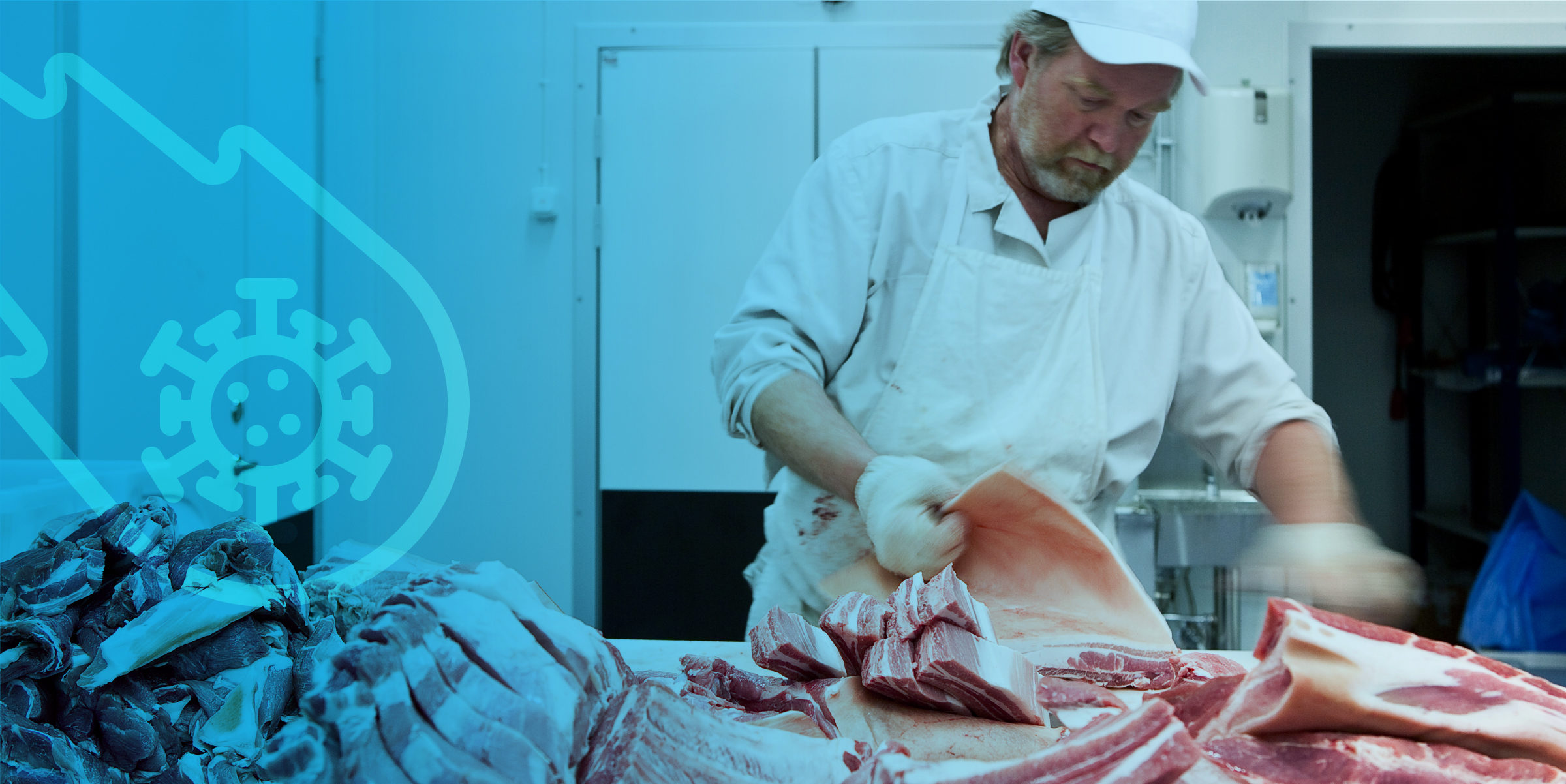
Businesses are becoming the new “hotspots”
In contrast to the U.S., infection rates in Europe are decreasing or remain at a low level. However, a new analysis by the University of Oxford concluded that at least ten countries are heading for a second coronavirus wave. This list includes Germany and Switzerland.
Major gatherings or events remain prohibited. Private gatherings in groups will also continue to be prevented as much as possible by authorities and/or responsible citizens.
On the other hand, the economy has restarted and companies are continuing to welcome employees back to work, thus increasing the number of daily infections.
Are companies doing enough?
It goes without saying that not all work can be done from home. Both employers and employees realize this, but they also know that the risk of infection remains unchanged.
Companies are now in the position to “tip the scales” one way or another when it comes to infection rates. There is no other aspect of everyday life where people are more exposed to physical contact than at work. There’s also no other environment where their health is more dependent on the protective measures that others have taken for them.
The case of a German slaughterhouse showed us what happens when the scale tips negatively. In March and April, this previously mentioned company was still achieving record sales. Then more than 1,000 employees were infected and a whole industry was harshly and fairly criticized for endangering an entire region.
Our expectations for employee safety has always been high. However, expectations are even higher after more than four months of the coronavirus pandemic.
Where mobile tracing apps fall short, KINEXON SafeZone excels
While employees are in control of their own health and safety at home by keeping a safe distance, avoiding contact or tracing chains of infection with mobile apps (at least in some countries), they expect the same level of protection from their employer. Ideally more precise and reliable. With our innovation, KINEXON SafeZone, we want to support companies to achieve this outcome.
Employees do not have to awkwardly ask colleagues to keep their distance, our SafeTag does this with a warning signal. Also, the uncertainty of whether an unavoidable contact was too close, too long, or too direct can be reliably clarified with SafeZone.
If an infection in the company does happen, critical contacts can be analyzed and colleagues can be informed immediately if they are at risk without having to use their data or devices. Find out how to do this here.

Read the other articles of our“Impact Series” here:
- FINANCIAL RISKS:
“How KINEXON SafeZone Saves Money by Protecting Employees” - THREATS TO COMPETITIVENESS:
“Those Who Do Not Prioritize Employee Protection Put Their Competitiveness at Risk” - STRESS AND ANXIETY:
“Coronavirus Anxiety: 5 Tips How Employees Feel Safer with KINEXON SafeZone” - LEGAL ISSUES:
“Legal Implications of COVID-19: “One Should Think About the Worst Case Scenario”




